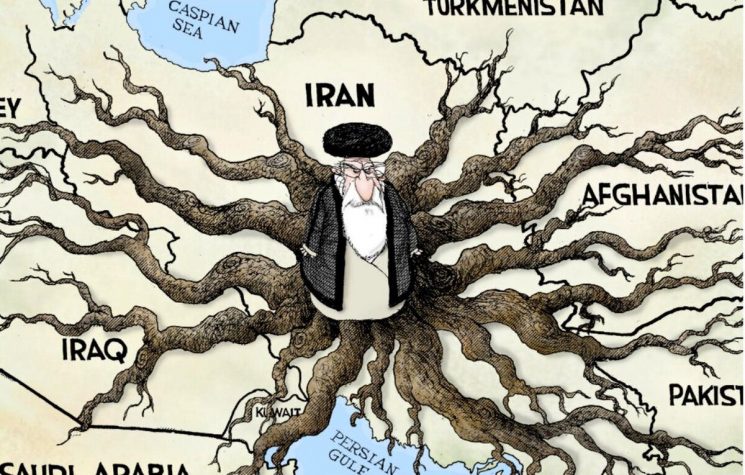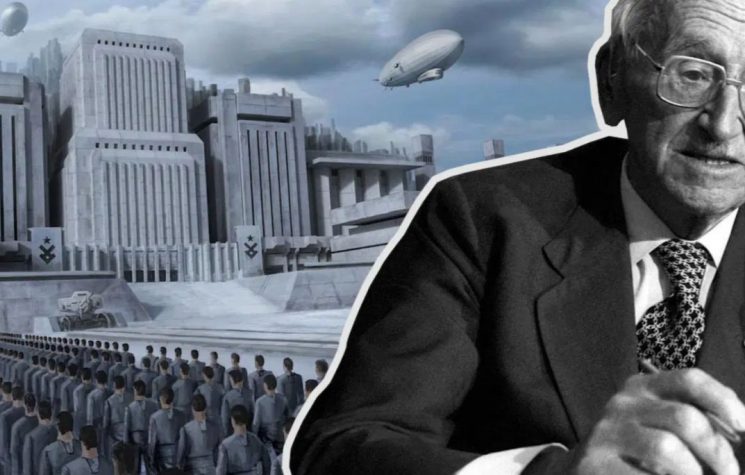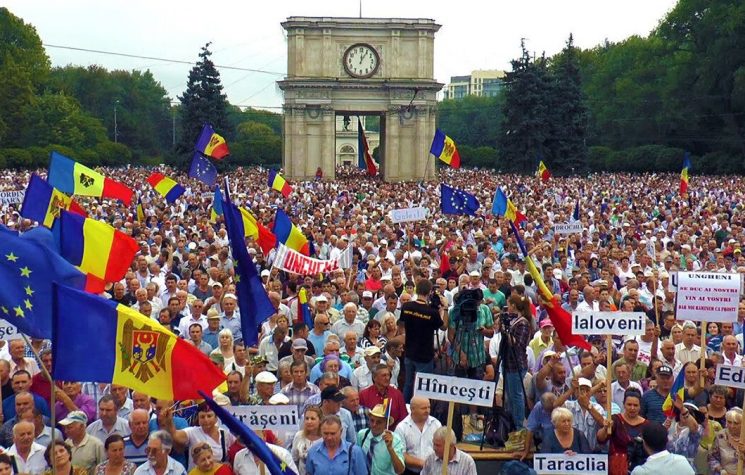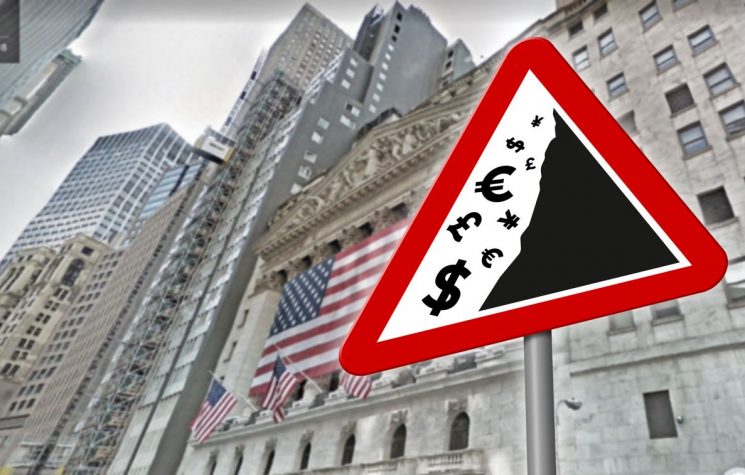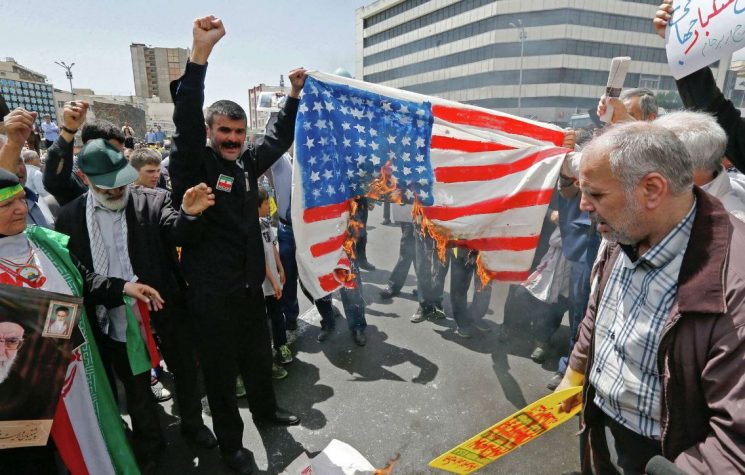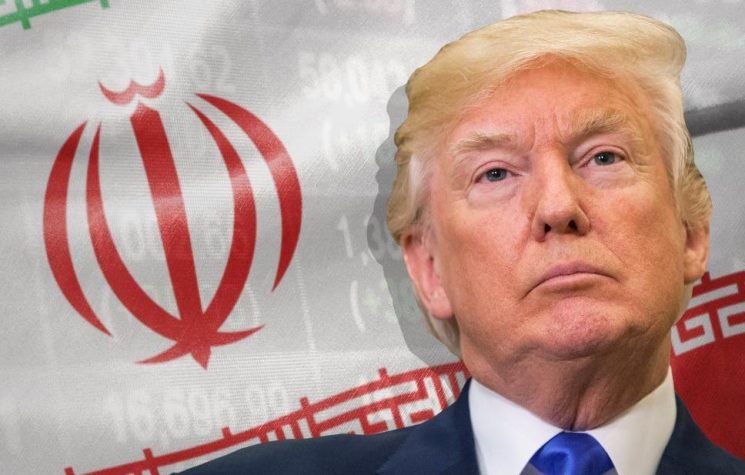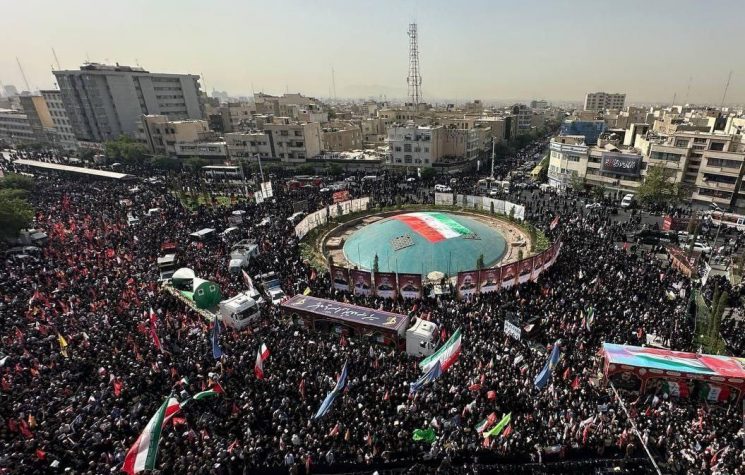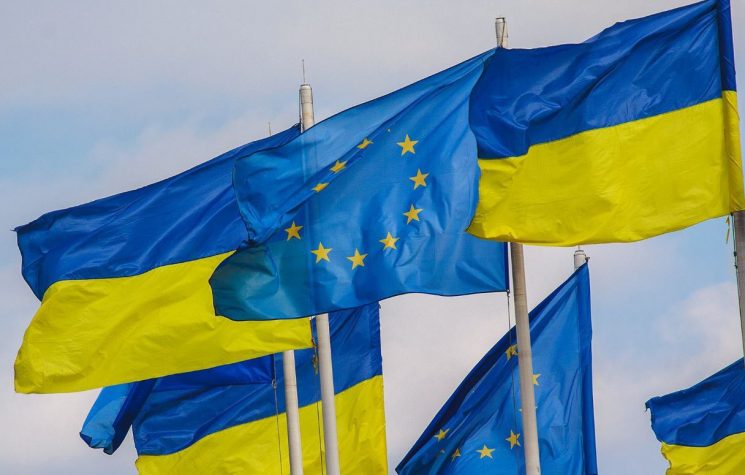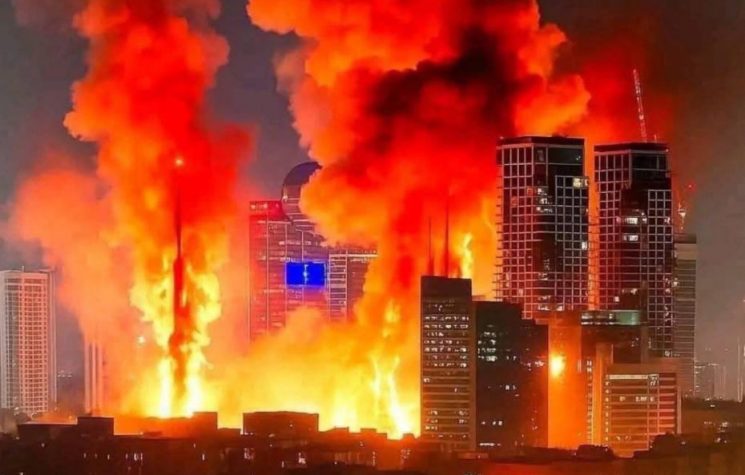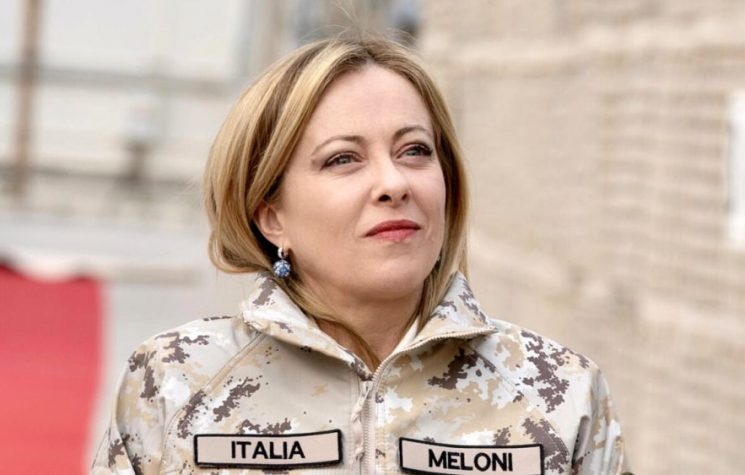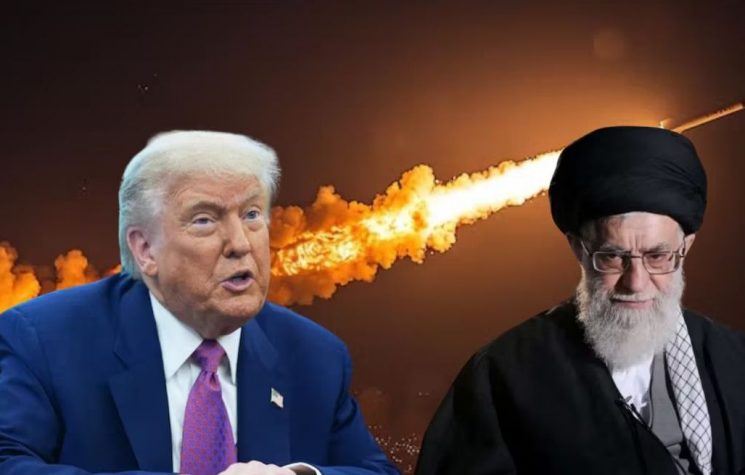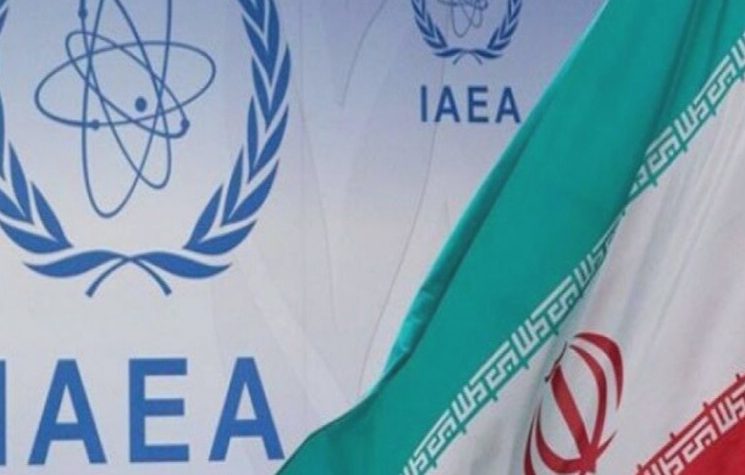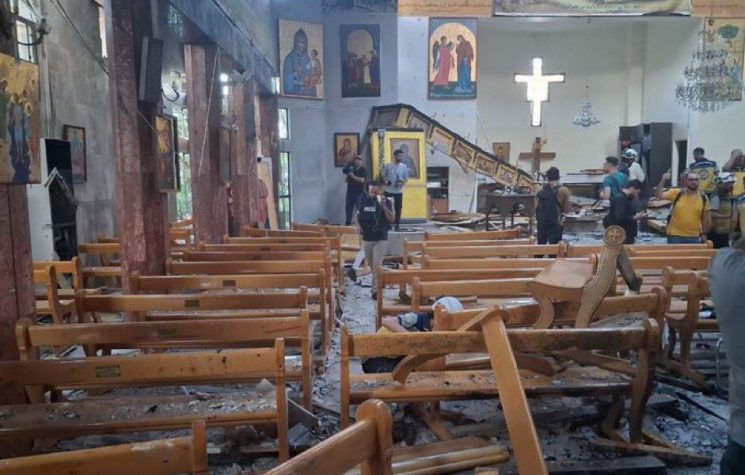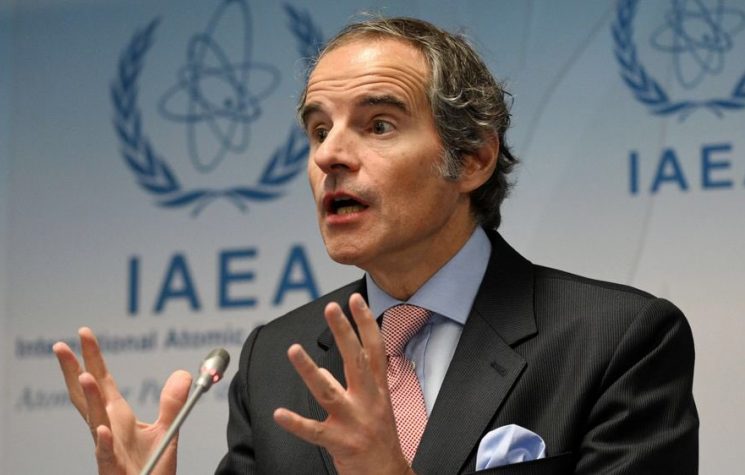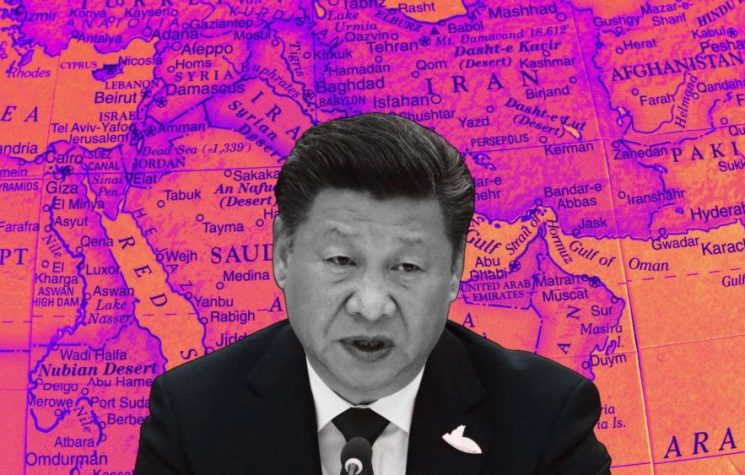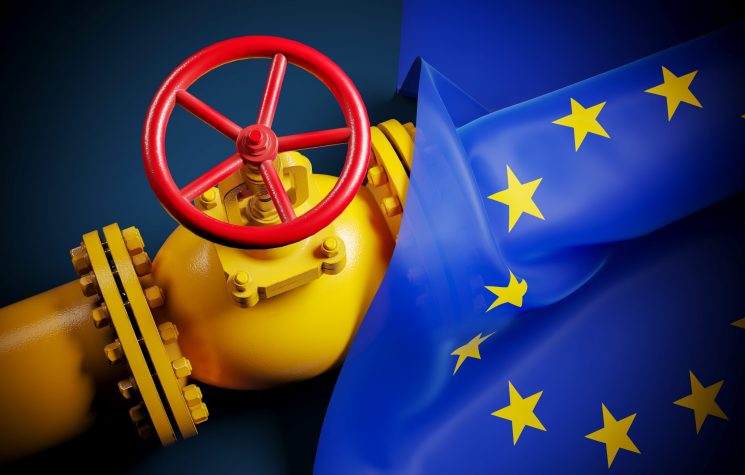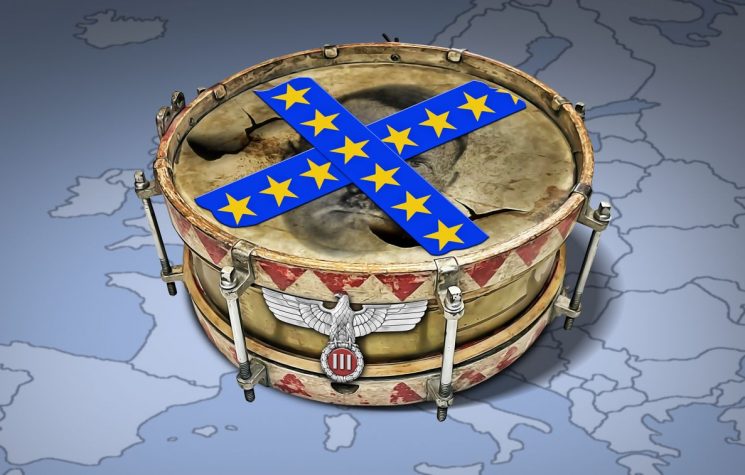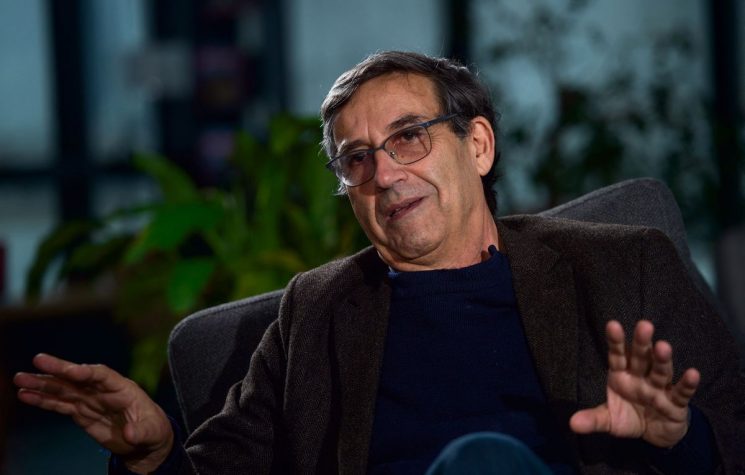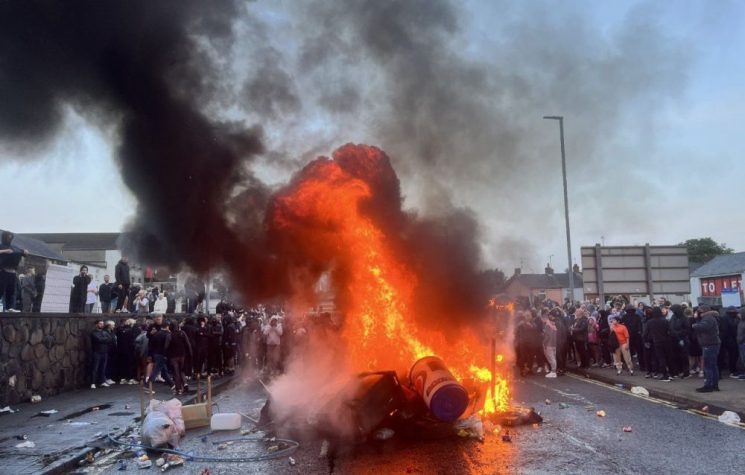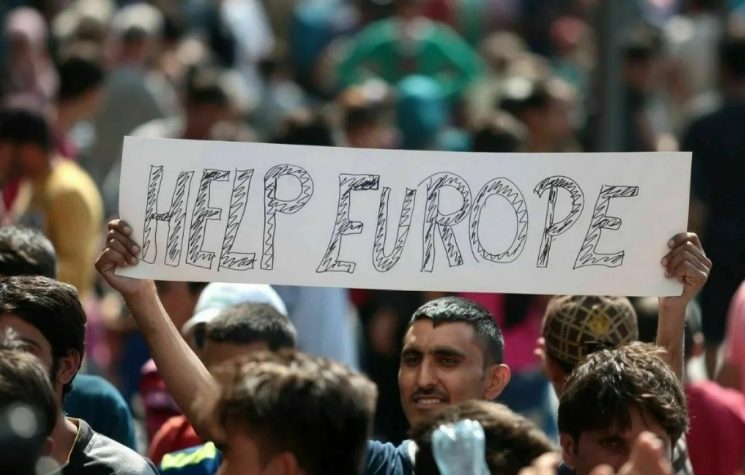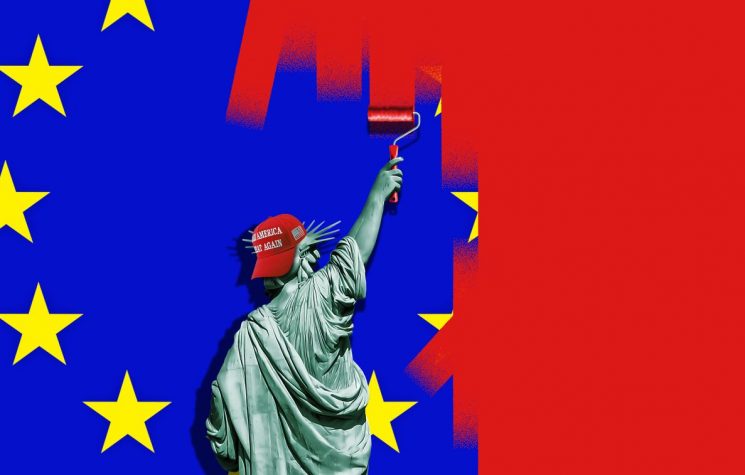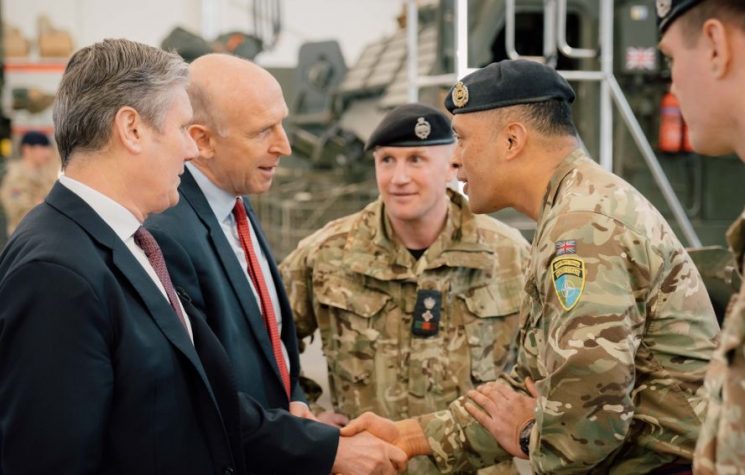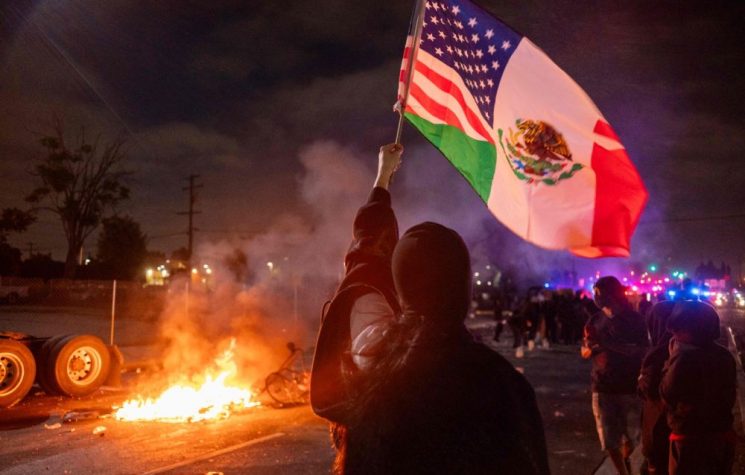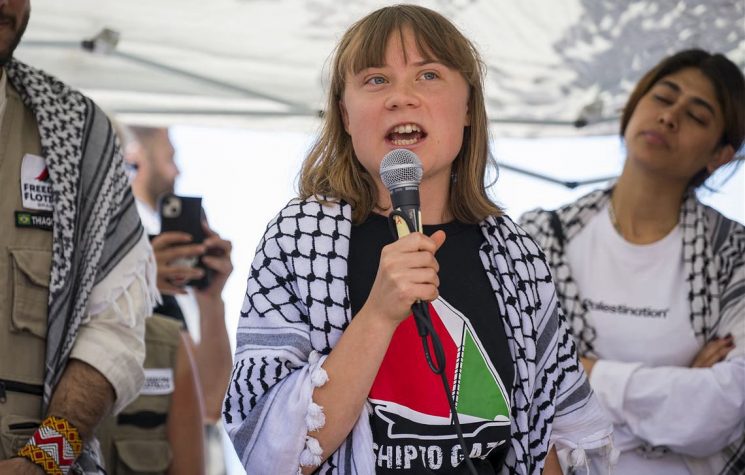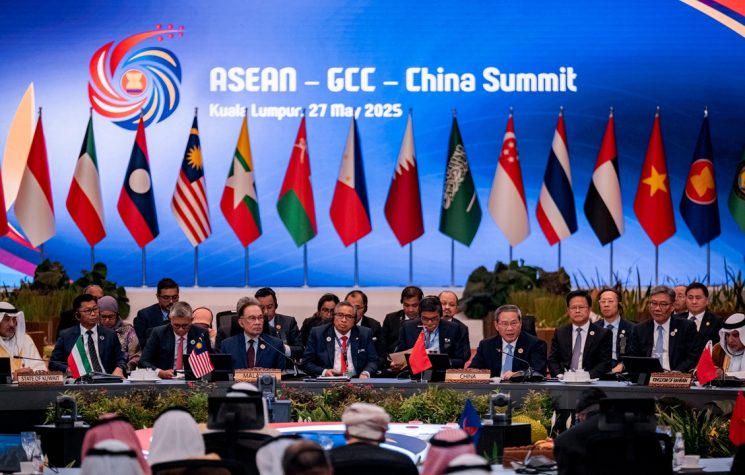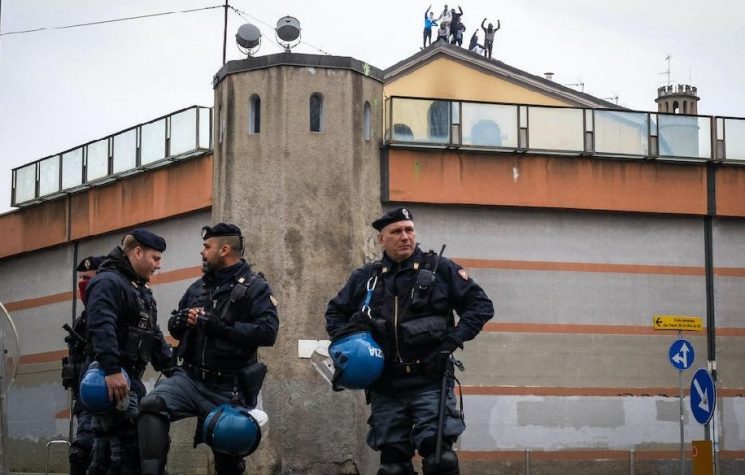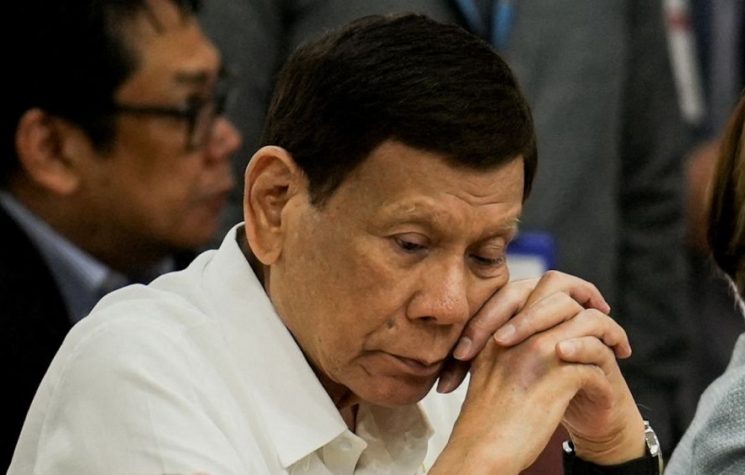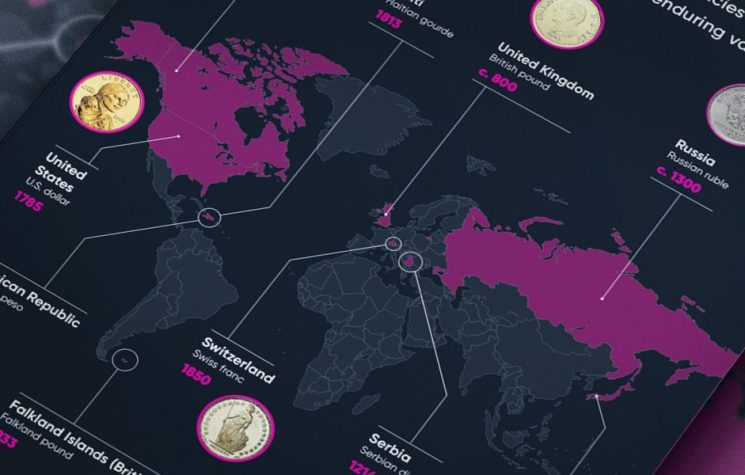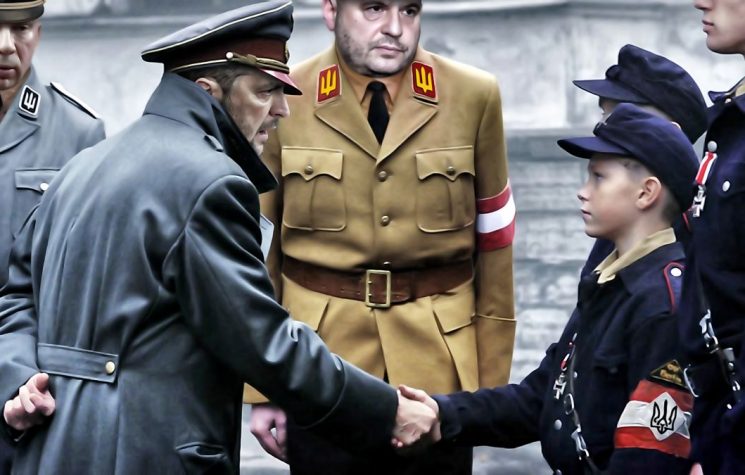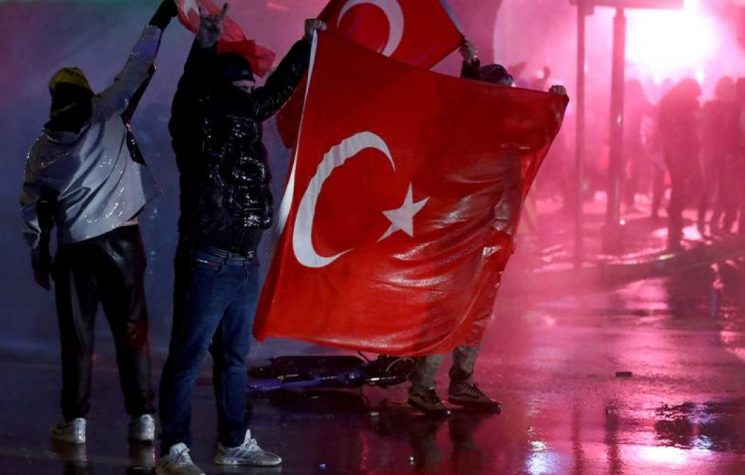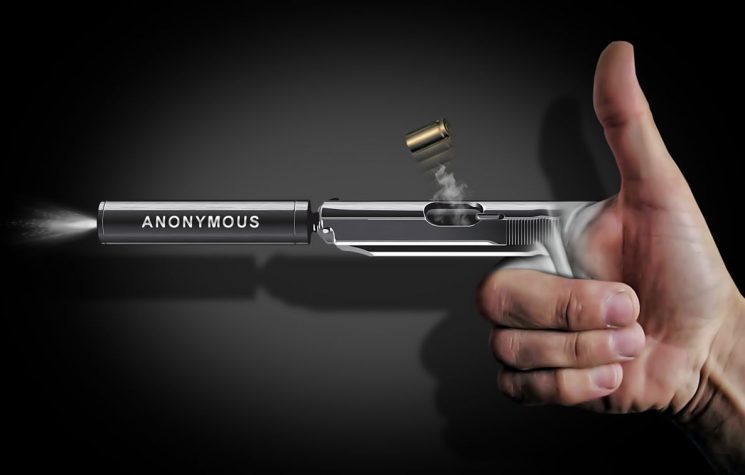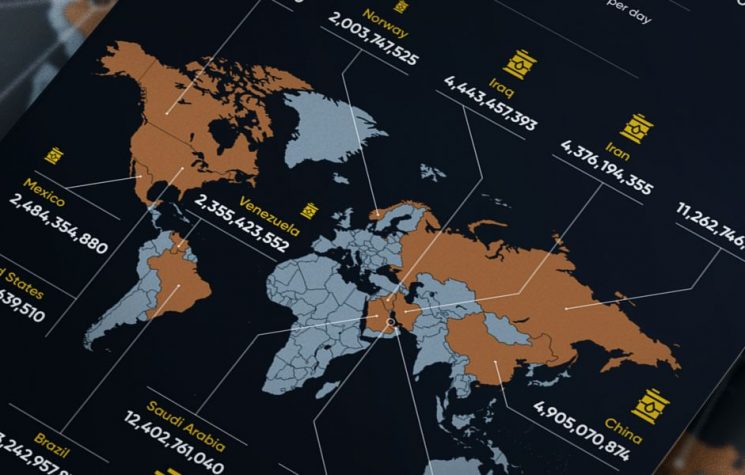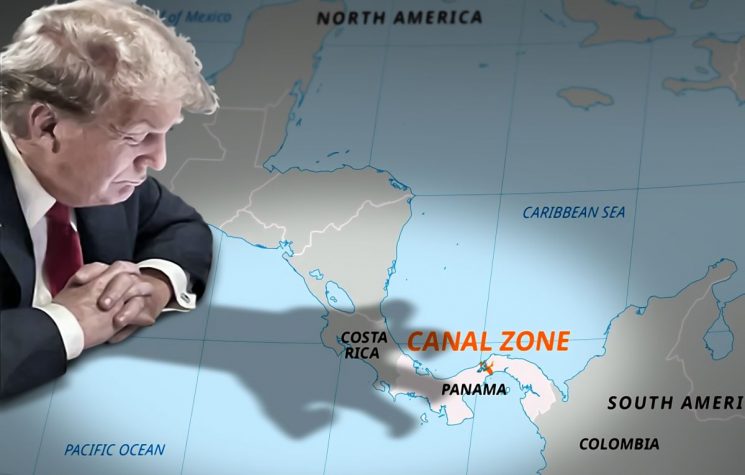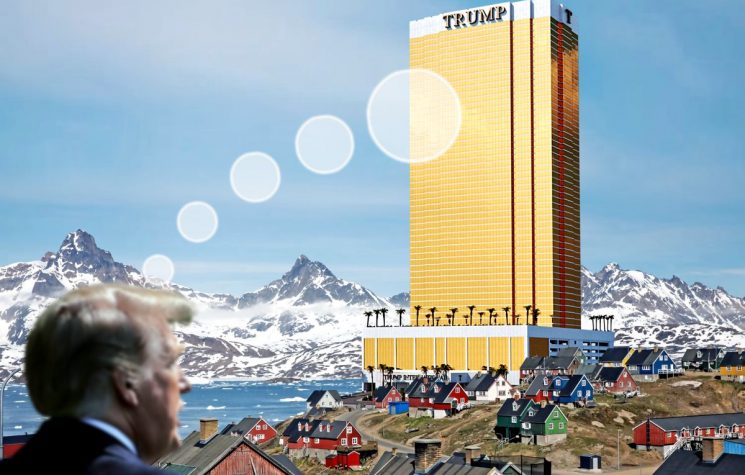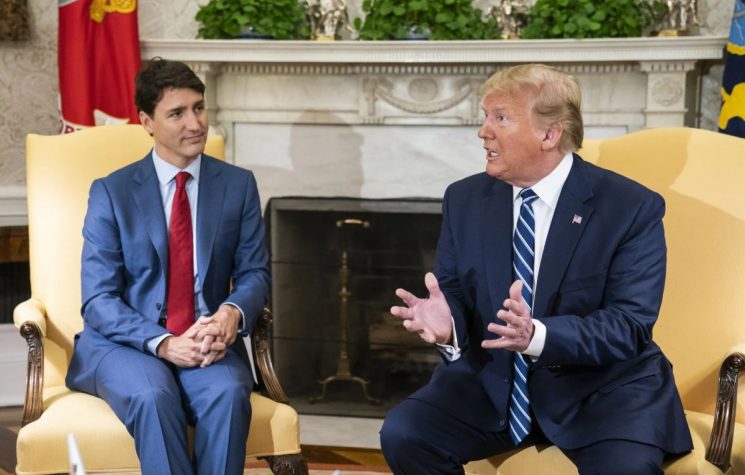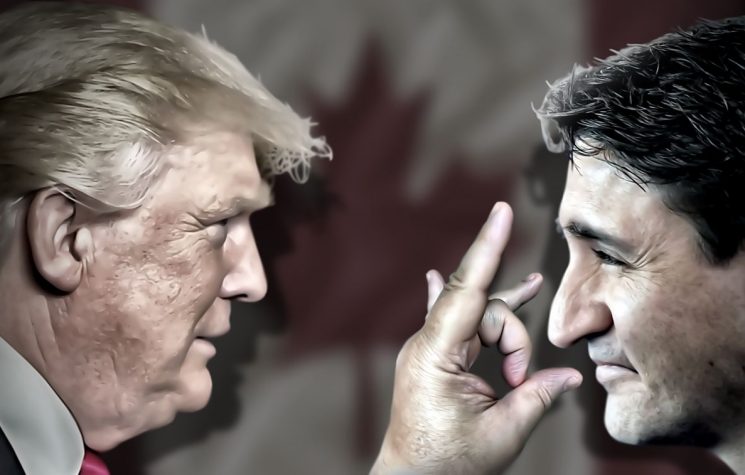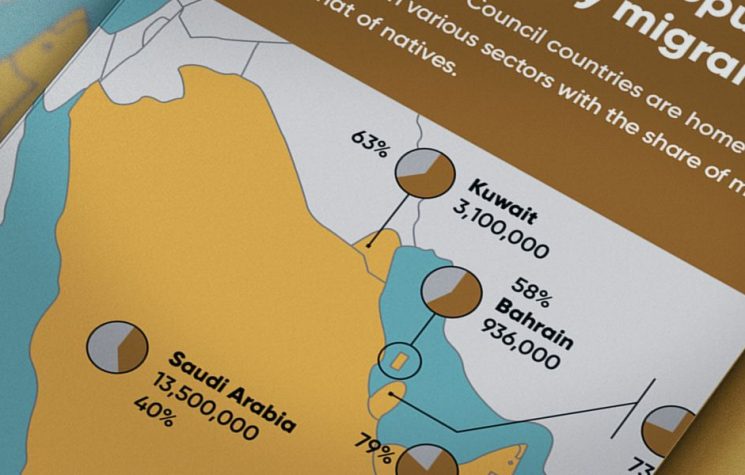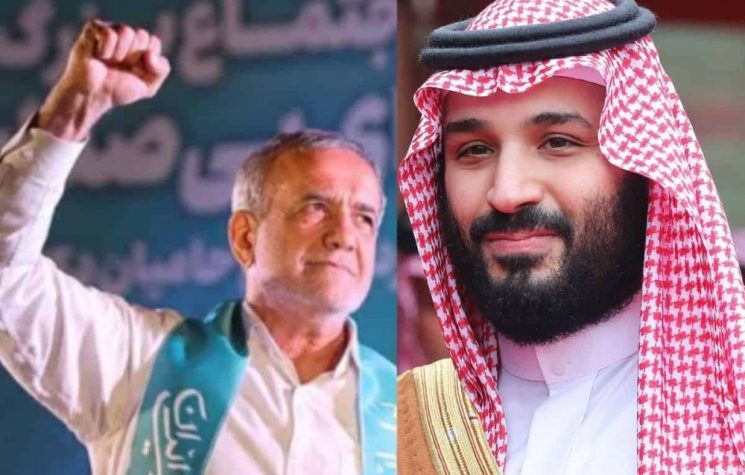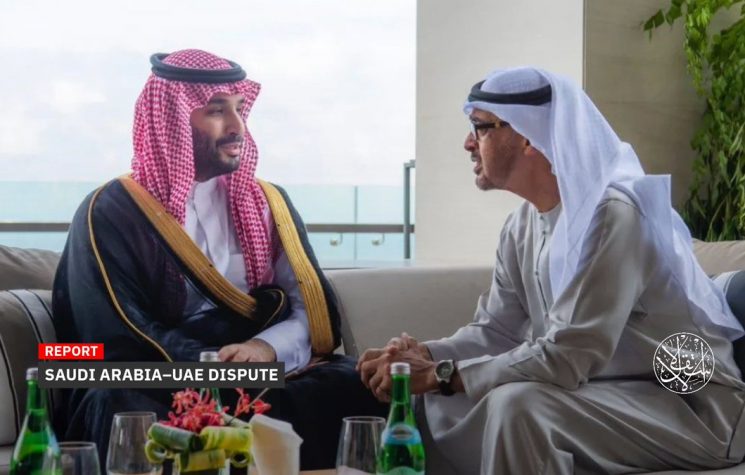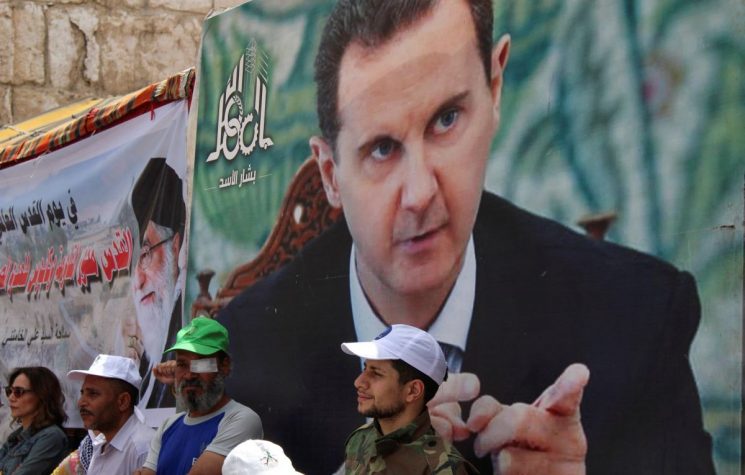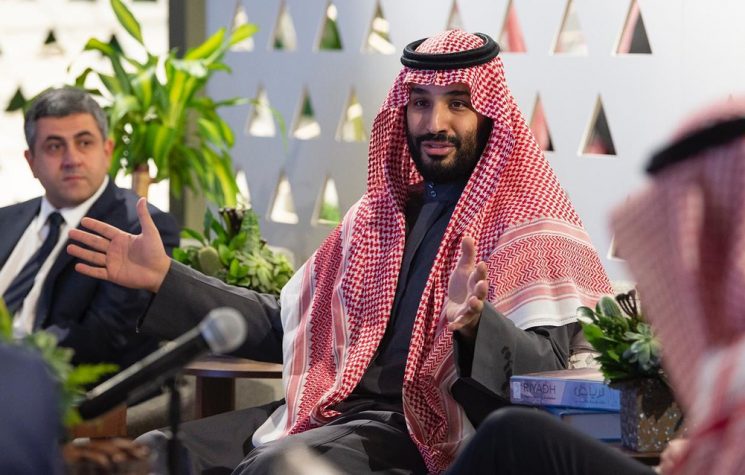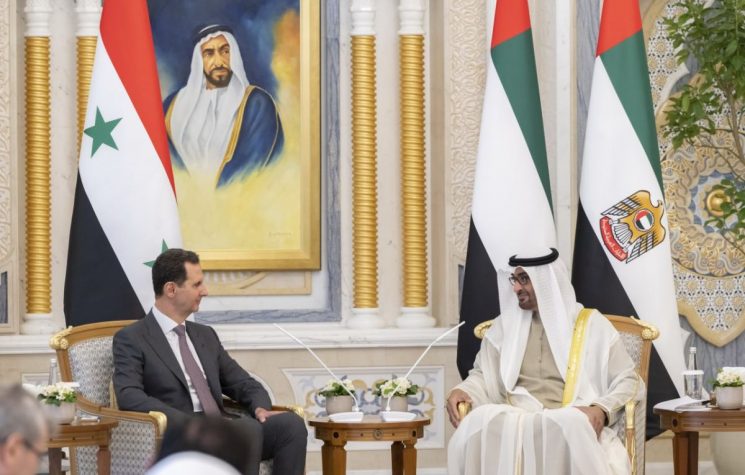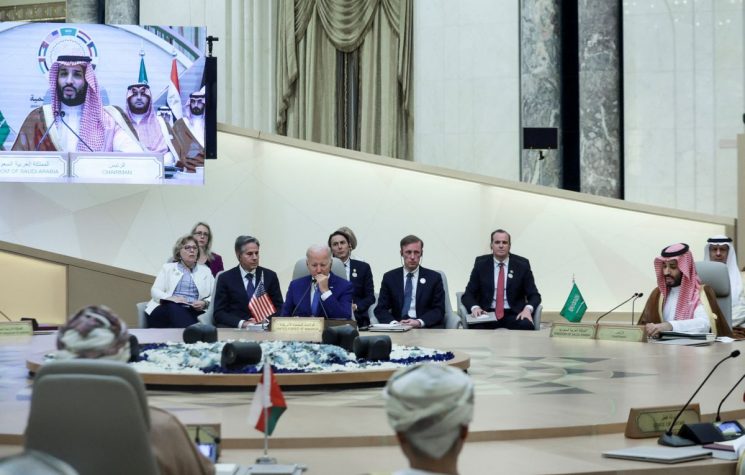Middle East countries, certainly in the GCC region, are benefitting from the Ukraine standoff as the heat is taken off them, Martin Jay writes.
Boris Johnson’s words themselves may be prolific. He said at a conference on 19th of February in Munich that a Ukraine invasion would “echo” around the world while asking for Europe to take a united stand against Russia. In fact, the Ukraine crisis, without even one Russian soldier entering Eastern Ukraine, is having quite an impact already simply due to the media bandwidth it has taken, depriving other big stories the oxygen they deserve – particularly affecting the Middle East and North Africa region (MENA).
These countries, certainly in the GCC region, are benefitting from the Ukraine standoff as the heat is taken off them. In particular the UAE and Saudi Arabia have been given a get-out-of-jail-free card by western media in the latter’s abandonment of Yemen, a bloody senseless war there which has wiped out generations and left the rest with starvation and whose gruesome images used to fill TV screens and mainstream media’s print and online portals. But no more.
In fact, sceptics might even go further and argue that in the case of Saudi Arabia, it would appear that its mercurial young crown prince has actually taken full advantage of the media blackout on Yemen by ploughing ahead with his reforms which include the banning of Mosque loudspeakers, significantly reducing hours spent on Islamic education and Arabic language in the national curriculum and even allowing bikini beaches in Jeddah. The hope presumably is that at some point western media will return to the region and notice such changes and start to feature them in their reporting.
But there might be a long wait.
Remarkably, Putin’s standoff with the West might go on for some time, even if there is no invasion as such. In the meantime, for many of the elite which make up countries in the region who are fearing another Arab Spring, the limited media attention given to Yemen is interesting. But it is Justin Trudeau’s extraordinary authoritarian behaviour in Canada against peaceful truckers who wish to protest which will have ramifications in the Arab world. Not only will Arab leaders note that also the press coverage is limited as is the opprobrium from the normal so-called experts in Washington and London, but that they now have the green light from the West to replicate anti-democratic measures all in the name of the sanctity of the state and woe betide Canada for criticising KSA’s human rights record as it did previously when it demanded the release of Saudi Blogger Raif Badawi in 2018.
Trudeau has truly shocked the world with his arbitrary move to criminalise the protests and has set a template for the Middle East and Africa to follow suit.
Indeed in Africa, tyrannical, brutal regimes will not doubt note how the Ukraine crisis and the media attention it has attracted has caused almost a media blackout on authoritarian power grabs in Mali, Burkina Faso and Guinea, western satellites which, in the case of Mali at least, have fallen into the hands of Moscow simply by its association with Wagner mercenaries. The very real fear that African dictators have which impacts their ability to scrounge aid from the World Bank and the IMF is press coverage itself from the media giants. When that line of communication is closed down, there’s no telling how African countries’ elites will react. There may well be a domino effect which will take many with it as it sweeps across the region, while the EU remains a impotent spectator to the winds of change.
And in the EU itself, Poland is no longer alone in being seen as the rude boy in the class who might be expelled from the club, or rather leaves unceremoniously. Others, like Hungary, are now falling victim to EU laws which challenge their constitutions and place them on a collision course with the maniacs in Brussels who cannot see how they are digging their own graves with their bellicose language and ultimatums. A recent study by the EU revealed that MEPs themselves are asking for a special slush fund of billions of euros to head off the next anti-EU referendum which is sending some EU leaders into a panic as many believe that one more EU member to follow Britain might be the end of the project as we know it.
None of these stories are getting any real traction or attention by journalists who are either heading to Ukraine or have turned all their attention to the tensions in their copy and left these subjects aside. Is this what Boris Johnson meant when he warned leaders in Munich about the consequences echoing around the world?








